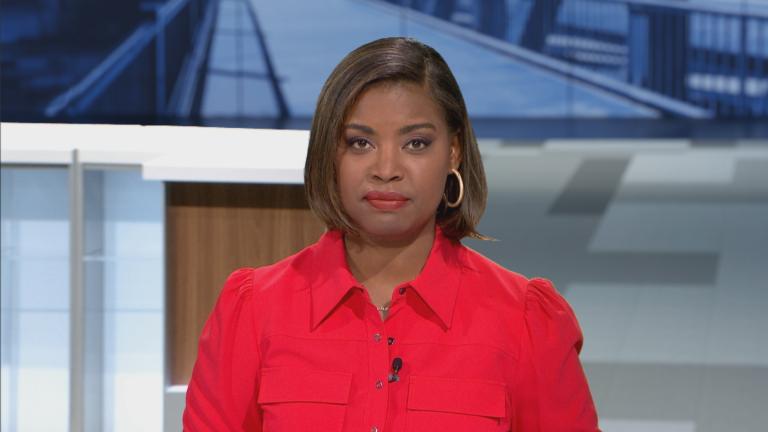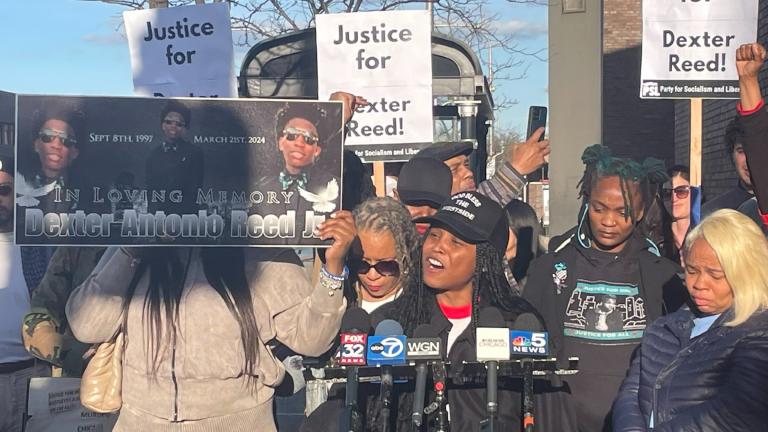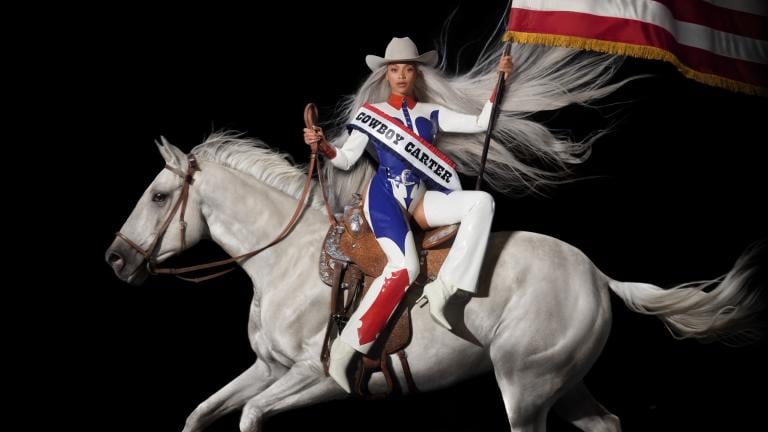Chicago went wild when the Loyola Ramblers played in the Final Four of the NCAA basketball tournament in 2018.
It was the first time the men’s basketball team had made it that far since 1963, when the Ramblers won the school’s only championship title and broke racial barriers while doing so.
The four starting Black players of the ‘63 Ramblers, Jerry Harkness, Les Hunter, Ron Miller and Vic Rouse, made sports history when they played the all-white Mississippi State Bulldogs in the second round of the tournament. Mississippi State went against the governor’s orders to not cross state lines and play an integrated team. That game is now known as the “Game of Change,” but the 1963 season was groundbreaking for many reasons, as shown in the new documentary “The Loyola Project.”
The film’s director, Patrick Creadon, says despite growing up in Chicago, he didn’t learn about the 1963 team until the 2018 team’s run.
“It seemed to us that not only was it a great story, but it also seemed that there was a lot about the story that hadn’t been told yet. That’s why my wife and I decided that this would be just a great project to do,” said Creadon.
“We’ve spent two and a half years making it and we can’t wait to share it.”
“The Loyola Project” tells the story of the “Game of Change” between the Ramblers and Mississippi State, but it’s a small part of a larger story that details the discrimination Black players experienced.
“If you look at it in 1960, we were kind of outsiders in a way. We were part of universities, but we were not,” said Ron Miller, a starting forward for the 1963 Ramblers. “In other words, fraternities wanted us to join, wanted us to come to their mixers, their dances, their parties, but they wouldn’t allow us to join. So you’re kind of inside, but you’re kind of on the outside at the same time.”
Lucas Williamson, the current captain and starting guard for the Ramblers, narrates the documentary. He’s also a co-writer. He said he was furious to learn the 1963 Black players not only faced racism while playing in the South, they also experienced it while at home and on campus.
“I just drew parallels to what I know in my experience here at Loyola today and it’s just completely different,” Williamson said. “Things that they had to go through upset me, like the things they had to go through away from the court kind of struck me, and it’s kind of left field because it just doesn’t make sense in my world. Some of the things that they had to deal with, like not staying in the same hotel rooms as some of their white teammates, it just doesn't make sense from a logical basketball standpoint for me, like there’s so many things that we have to do as a team, not let alone team bonding, but when we’re on the road and for a coach to allow that to happen just doesn’t make sense for me.”
Creadon says the decision to broaden the story beyond the “Game of Change” was an intentional one.
“There’s two things that (people) know about the story, they know about this coach who broke the unwritten rule and played four Black starters. People also know about the game of change,” he said. “That’s really more about the Mississippi State team and what they did to play in that game. It seemed to me that the players on the Loyola team were in the background of the story, or at least the way people knew this story. What we decided to do was let’s tell the story about the guys on the team. What was it like for them to play together? What was the dynamic with them and their coach? What was it like to be on the road?”
"The Loyola Project" airs Monday, Feb. 7 at 8 p.m. on the CBS Sports Network. A one-hour version will air on the CBS Television Network and stream live on Paramount+ on Saturday, April 2 at noon.








